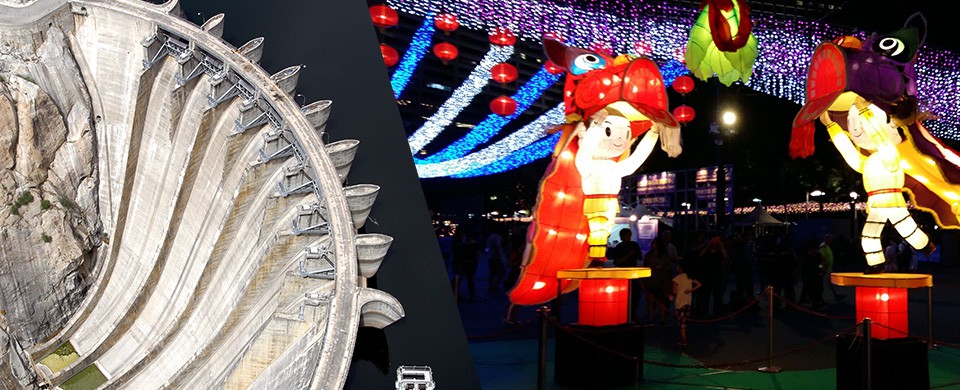If China is choking, we might need to try something radical
A German couple on the train to Kowloon on Friday told me China’s economic slowdown had brought the unexpected benefit of an improvement in summer air quality.
For their two year old son, they said, this meant more outings in their current home city, Guangzhou, the centre of a conurbation with 44 million people and smog to rival Los Angeles.
For economists around the world, however, the question is whether the Chinese economy is metaphorically pausing for breath or choking on its own success.
There was no sign of the latter here in Kowloon over the weekend. The city better known as Hong Kong has been teeming with people celebrating the ancient Chinese ‘Moon’ festival amidst the neon-lit brands of modern capitalism.
But are troubled times looming for the global economy as a result of China’s recent problems? The world’s stock markets seem to think so, judging by the relentless decline in share prices since April.
The Bank of England’s chief economist, Andy Haldane, intensified the negative mood a week ago when he warned that ‘the balance of risk to UK growth is skewed significantly and squarely to the downside’.
Decoded, that means he thinks the recovery of the last two years could well give way soon to the kind of slowdown we have seen in China this summer.
If that were to happen, the conventional monetarist response would be to cut interest rates. But the trouble is that interest rates across the Western world have effectively been stuck at zero for six years, and there is ‘materially less room for manouevre’, as Haldane politely put it.
This phenomena of being ‘Zero Lower Bound’ has not happened so universally or for such a prolonged period since the Great Depression of the 1930s.
Such is the desperation among monetarist policy makers that some are referring back – not entirely flippantly – to Milton Friedman’s suggestion that deflation can ultimately be tackled by dropping money from helicopters.
In a sense, the guru of monetarism’s idea was implemented in 2009 when the US, UK and EU all introduced quantitative easing (QE) in an attempt to mitigate the last recession.
Over three years, the Bank of England electronically created £375 billion of new money and used it to purchase gilts from private investors such as pension funds and insurance companies.
The result was a boom in share and corporate bond prices that disproportionately benefited the wealthy. The supposed trickle-down effect was, at best, negligible. And QE made no direct contribution to the kind of investments that will drive long term economic growth.
In this desert of economic ideas, new thinking should be like an oasis on the horizon – at the very least worth a closer look.
That was not the case at first with Jeremy Corbyn’s ‘People’s QE’, but there does now seem to be a growing realisation that this proposal is not as whacky as some claimed in the heat of the Labour leadership battle.
Anthony Hilton, city editor of the Evening Standard, recently acknowledged that people’s QE – the Bank of England printing money to buy bonds issued by housing associations, health trusts or an infrastructure bank – is ‘a perfectly credible and workable idea’.
He argued you could achieve the same thing by allowing these institutions to borrow money at low interest rates on the market. But, either way, he thought failure to invest was squandering ‘a once in a generation opportunity to rebuild this country’.
In the 1930s, US President Franklin Roosevelt took out a massive public mortgage to finance the construction of the Hoover Dam.
The aim was to harness the Colorado river to power, literally, the development of Los Angeles, Las Vegas and Phoenix. And now, as the US celebrates the dam’s 80th anniversary, it is still doing its job.
We have nothing tangible to show for the QE of 2009-12. However, ‘people’s QE’ – done properly – could deliver infrastructure that will be viewed with awe and respect by generations to come.
Who knows, we might even be wise enough to invest in ways that allow the children of the future to go out to play in clean air.
This article is Steve’s monthly business column for Walesonline and the Western Mail newspaper.
Steve Howell is also the author of Over The Line, a novel telling the story of a coach whose star athlete becomes embroiled in a drugs controversy.
Follow him on Twitter @fromstevehowell
Over The Line is available on Kindle (£3.49) via Amazon and in paperback (£7.99) at Waterstones, W H Smith and other bookshops or via this website (post free) – ORDER

